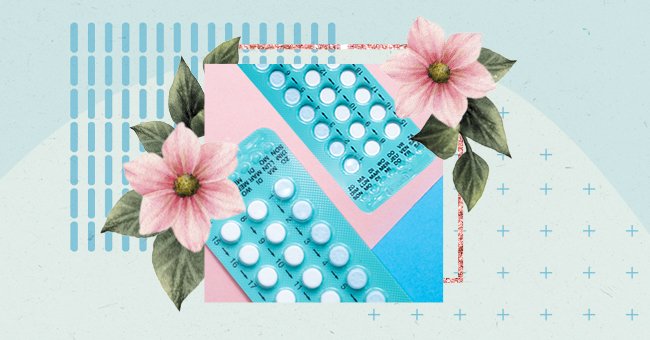
Doctor Advises: 10 Side Effects Of The Pill You Should Know
Birth control is an easy option for those who don’t want an unplanned pregnancy, fewer breakouts, or just a regular period. But it should come with a caution sign!
Birth control has been around since the 1960s and many people still choose it as their preferred method of contraception. Amongst its other uses is to help alleviate severe symptoms of periods by assisting with cramps or making the flow lighter.
There are a variety of contraceptive pills out there, and it’s essential to know what kind of medication would be most beneficial to you, so here are ten reasons to read the encyclopedia of an insert that comes in the box:
Increase Appetite
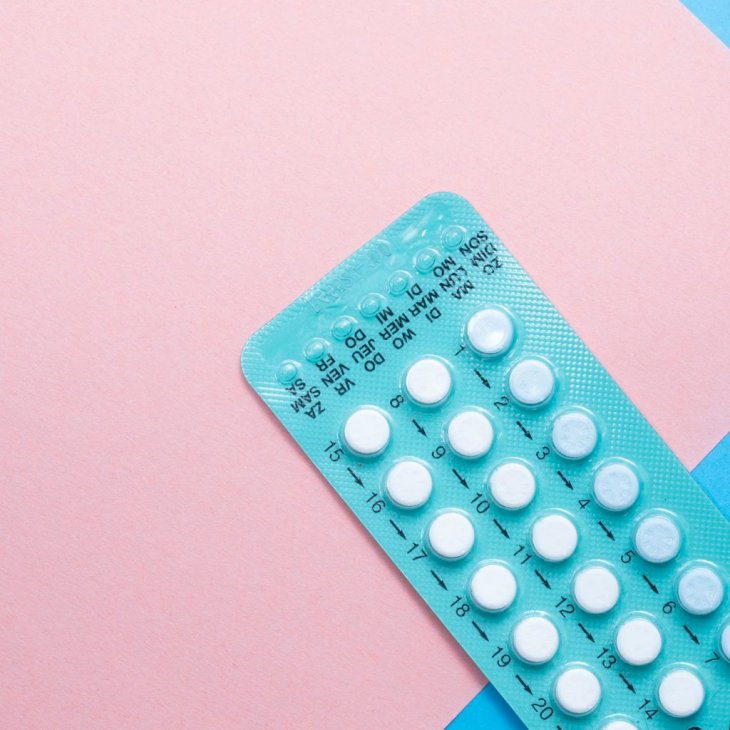
Shutterstock
While there is no proof that the pill directly causes weight gain, you may notice that you’re super hungry when you’re on your period,, and sometimes it can feel like you can’t stop yourself from eating, that is thanks to your hormones, estrogen and progesterone.
Some contraceptives only contain progesterone which may be responsible for increased appetite. If you are someone who experiences an increased appetite while menstruating, then it's better to consider taking pills with a combination of both estrogen and progesterone
- Nausea

Shutterstock
Some women experience nausea, especially in the mornings, while taking the pill because of how their body is reacting to the new estrogen and progesterone levels. However the nausea shouldn’t last more than the 3 months, in which it takes your body to adjust to the changes of taking the pill.
If you do experience nausea, you can try taking the pill with a meal or taking it right before you go to sleep to help alleviate nausea.
Bloating and Breast Tenderness

Shutterstock
Fluctuations in your hormones can lead to bloating and water retention, which may affect women who suffer from irritable bowel syndrome and other gastrointestinal disorders quite significantly. The bloating may subside well into six months of taking the pill, if not longer.
Breast tenderness occurs as the increase in estrogen and progesterone causes changes in the breast tissue. This tenderness can affect you for up to 18 months while taking the pill.
Vaginal Dryness
Contraceptive pills that have estrogen may cause the body to have a steady amount of estrogen instead of fluctuating levels. Dryness happens because the drugs stop your body from producing its own estrogen and take over the estrogen production, which may be low.
The steady, low level of estrogen leads to vaginal dryness, which can affect your sex life. However, there are a variety of lubricants to help and won’t hinder your sex life.
Decreased Sex Drive

Shutterstock
Some people report having a decreased sex drive which could result from of other symptoms like vaginal dryness and breast tenderness.
Combination hormone pills can also lower your testosterone levels. Yes, women too have testosterone, but not at levels men have it. Your testosterone levels are somewhat responsible for your libido, and when low, your sex drive can plummet
Headaches

Shutterstock
Few women complain about headaches while on the pill, which could be attributed to hormone withdrawal due to low estrogen levels during a period.. They should subside after a few months.
Mood Swings

Shutterstock
You may find yourself a lot more emotional after you start taking the pill, maybe even find yourself bawling your eyes out at something so cute, or freaking out at something completely minor like your boyfriend not replying to your texts immediately.
While some women do find relief in their mood changes while taking the pill, it is possible that mood disorders like anxiety, depression and insomnia could get worse while on the pill. So speak to your doctor about managing your mental health accordingly.
Melasma
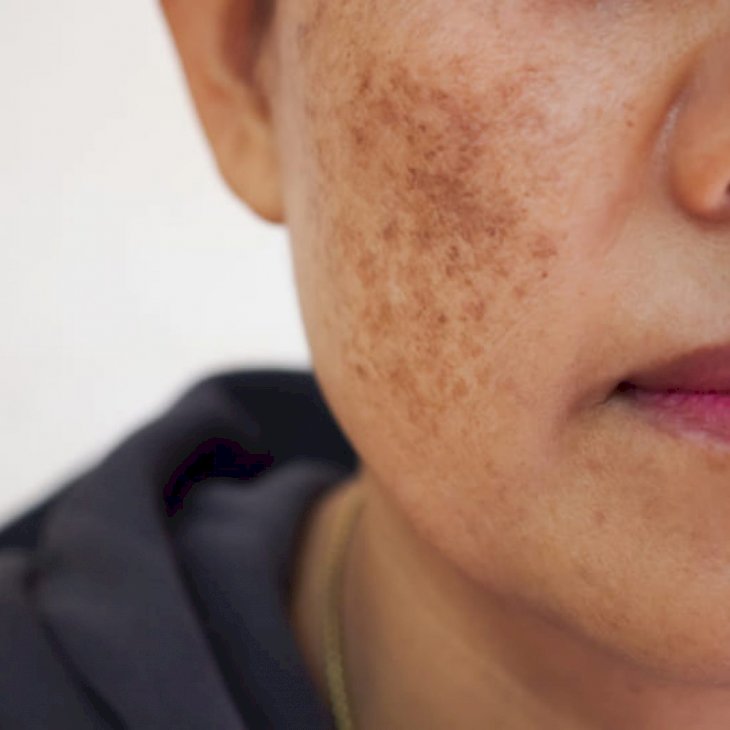
Shutterstock
Melasma is a skin condition where you start to get dark patches on your skin, making you more conscious about your appearance. It affects the skin of the cheeks, forehead, nose, and chin.
It does affect people with a genetic predisposition for melasma and can be managed or avoided by switching from the pill to an IUD
Yeast Infections
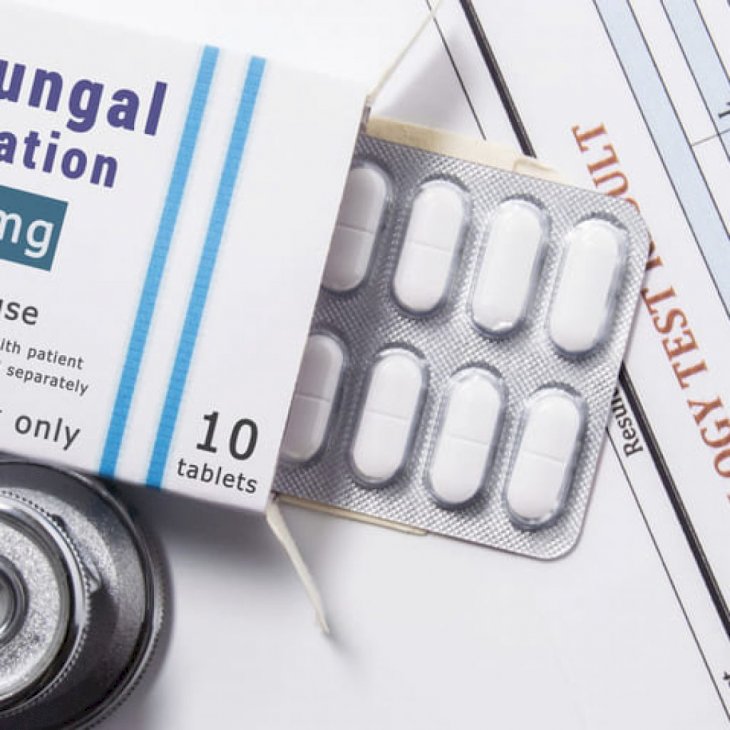
Shutterstock
The pill can alter the normal vaginal tissue due to changing hormone levels while on it, thereby making you susceptible to infections such as thrush and bacterial vaginosis.
If the pill changes your cycle by affecting the flow and duration, frequent use of tampons and pads could even put you at risk for those infections.
Blood Clots
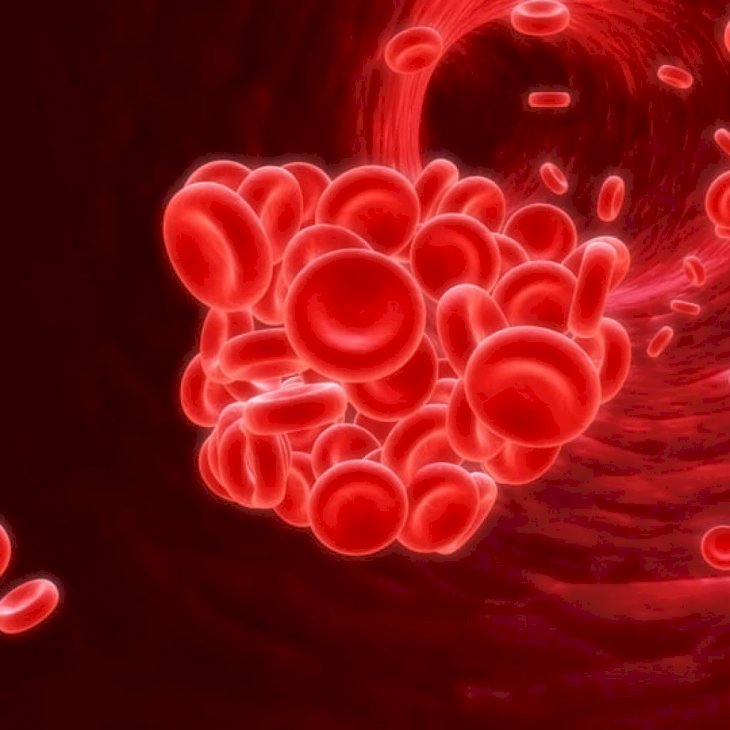
Shutterstock
High levels of estrogen cause the blood to clot, so pills containing estrogen put you at increased risk for developing clots in your legs and lungs, which is a serious complication if left untreated.
If you or a family member suffers from a clotting disorder, this could mean that you are high-risk and should consider other means of contraception.